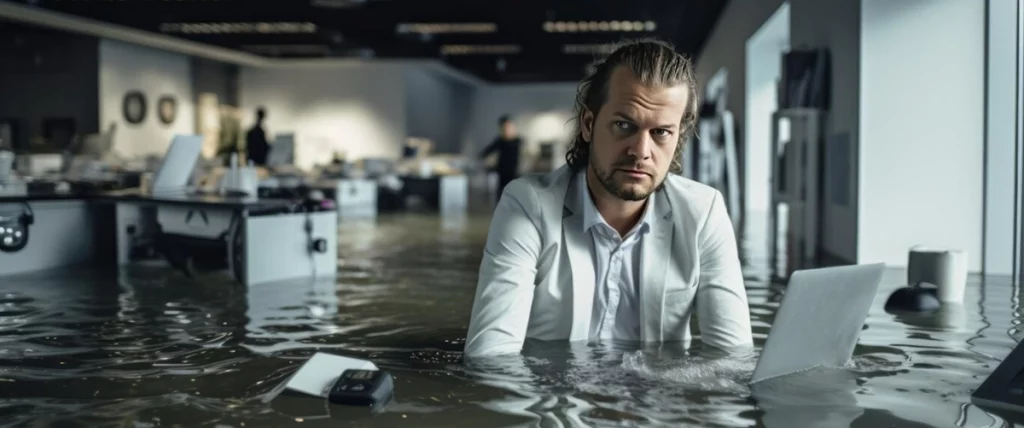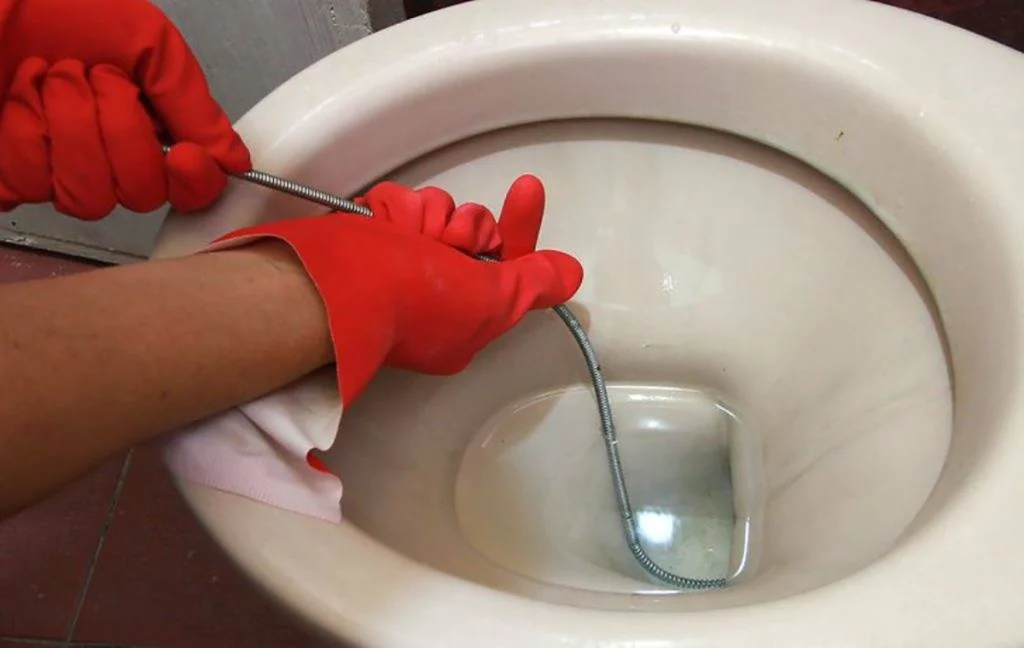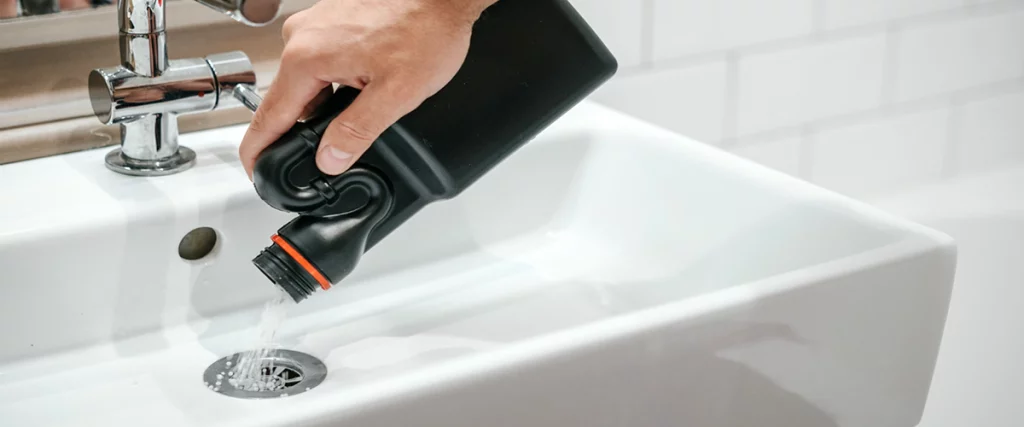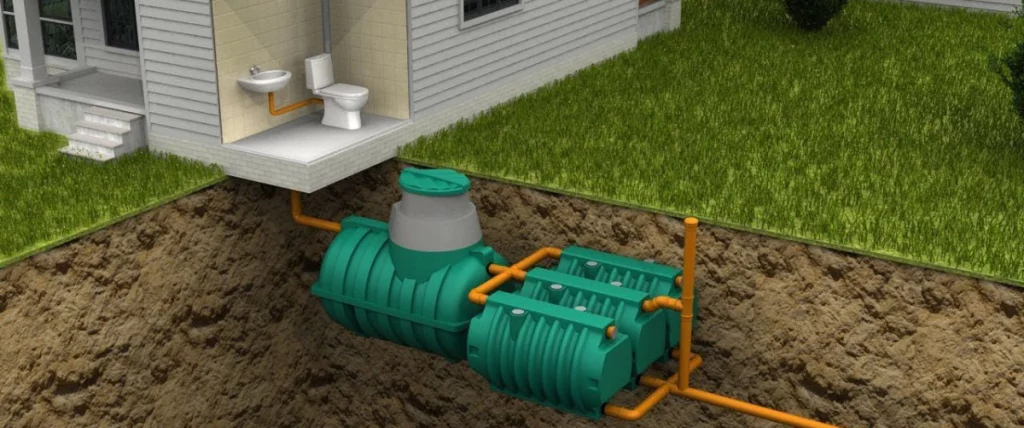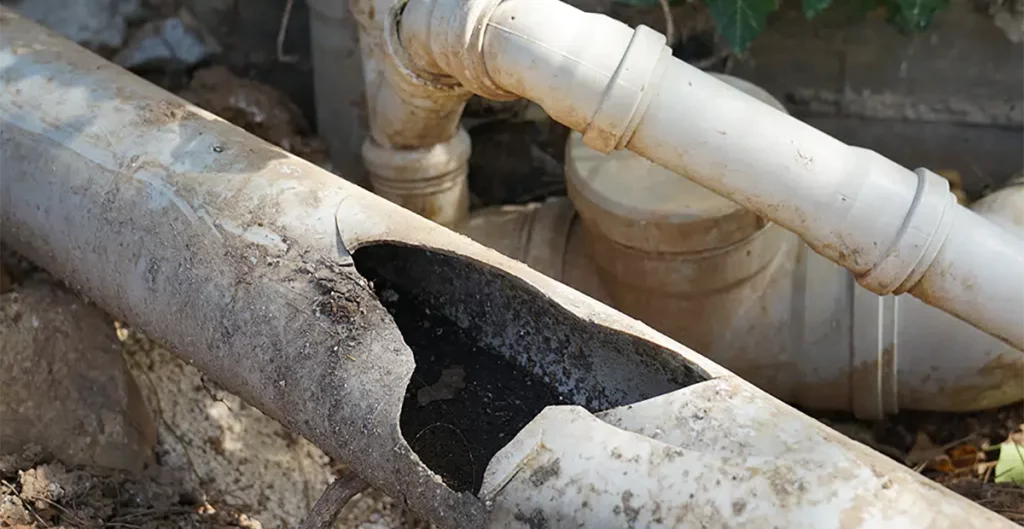Maintaining clean drains is a crucial aspect of home care that often gets overlooked. In this article, we will delve into the ins and outs of effective drain maintenance, debunk common myths, and provide practical tips to ensure your drains stay clear throughout the year.
Contents
Debunking Common Drain Myths
Maintaining a smoothly running plumbing system is essential for any household. However, the internet is rife with misinformation about drain care.
Myth 1: Pouring Hot Water Will Solve Everything
Contrary to popular belief, hot water alone cannot tackle all drain issues. While it helps in preventing clogs, it might not be sufficient for more significant problems like grease buildup.
Myth 2: Lemons Keep Drains Fresh
While lemons can impart a pleasant scent, they won’t effectively clean your drains. In fact, citrus peels can contribute to clogs over time.
How Everyday Habits Impact Your Drains
Your daily activities have a direct impact on the health of your drains. From the remnants of cooking oil to hair in the shower, small habits add up. Being mindful of what goes down the drain can significantly reduce the risk of blockages.
The health of your drains is often influenced by the daily habits you may not even think twice about.
- Habit 1: Pouring Grease Down the Drain
One common but detrimental habit is pouring grease down the drain after cooking. While it may seem convenient, grease can solidify in the pipes, leading to clogs and potential damage. Instead, collect grease in a container and dispose of it in the trash.

- Habit 2: Neglecting Hair in the Shower
Allowing hair to accumulate in the shower drain is a common oversight. Over time, this can lead to stubborn clogs. Use drain screens to catch hair and regularly clean them to prevent shower drain issues.
- Habit 3: Flushing Non-Flushable Items
Flushing non-flushable items, such as wipes and hygiene products, can cause blockages in the sewer system. Always dispose of these items in the trash to avoid costly plumbing problems.
- Habit 4: Overusing Chemical Drain Cleaners
While chemical drain cleaners can be effective, using them excessively can harm pipes and the environment. Consider alternative methods like baking soda and vinegar for regular drain maintenance.
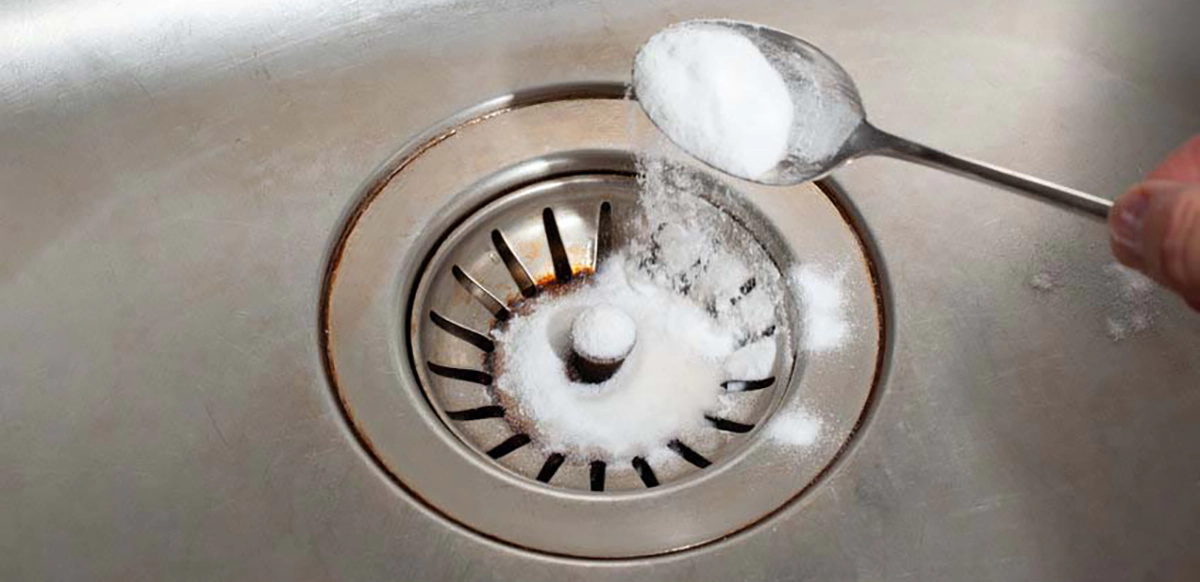
The Do’s and Don’ts of Drain Usage
Maintaining your drains in good condition is crucial for a well-functioning plumbing system. Do: Use Sink Strainers
One simple yet effective practice is using sink strainers. These small devices help prevent debris, food scraps, and small objects from entering the drain, reducing the risk of clogs. Invest in quality sink strainers for all your sinks to maintain a clear flow.
Don’t: Pour Grease Down the Drain
One of the most common mistakes is pouring grease down the drain. Over time, grease can solidify and lead to stubborn clogs. Instead, let grease cool and dispose of it in the trash or a designated grease disposal container.
Do: Dispose of Food Scraps Properly
Proper disposal of food scraps is essential for kitchen drain health. Use compost or trash bins for food waste to avoid clogging your kitchen sink. This simple practice contributes to a cleaner and more efficient drainage system.
Don’t: Flush Non-Flushable Items
Certain items, like wipes and hygiene products, should never be flushed down the toilet. Dispose of non-flushable items in the trash to prevent blockages in your sewer system and potential plumbing issues.
Do: Perform Regular Drain Maintenance
Routine drain care is a proactive approach to prevent issues. Implement simple practices, such as flushing drains with hot water, using enzymatic cleaners, and periodically inspecting for potential problems.

Don’t: Overuse Chemical Drain Cleaners
While chemical drain cleaners can be effective, overuse can lead to pipe damage and harm the environment. Consider alternatives like baking soda and vinegar for regular drain maintenance without the risks associated with harsh chemicals.
Do: Install Hair Catchers in Showers
Hair accumulation in shower drains is a common problem. Install hair catchers to prevent strands from entering the drain, reducing the likelihood of shower drain clogs. Regularly clean and maintain these catchers for optimal effectiveness.
Don’t: Allow Long Hair Strands in Drains
Neglecting long hair strands in drains can result in clogs. Be proactive in managing and preventing hair accumulation by using hair catchers and regularly cleaning them to maintain clear drains.
Choosing Drain-Friendly Products
Maintaining the health of your drains involves more than just good habits; it also requires choosing products that are friendly to your plumbing system. Understanding Drain-Friendly Products
Drain-friendly products are those specifically designed not to harm or negatively impact your plumbing system. These products are formulated to be gentle on pipes, avoiding corrosive materials that could lead to clogs or damage over time. Choosing such items is crucial for the long-term well-being of your drains.
1. Drain-Friendly Cleaning Products
When it comes to cleaning, opting for eco-friendly and non-corrosive cleaners is essential. Chemical drain cleaners can be harsh on pipes and harmful to the environment. Consider alternatives such as baking soda and vinegar or commercially available non-corrosive drain cleaners to maintain your drains effectively.
2. Choosing Gentle Soaps for Sinks and Showers
The soaps you use in sinks and showers can impact your drains. Harsh soaps may leave residues that accumulate in pipes, leading to clogs over time. Choose drain-friendly soaps, typically labelled as such, or opt for liquid soaps that are known to be gentler on drains.

3. Using Enzymatic Cleaners for Regular Maintenance
Enzymatic cleaners are designed to break down organic matter, making them an excellent choice for regular drain maintenance. These cleaners are not only effective in preventing clogs but also contribute to the overall health of your drains. Incorporate enzymatic cleaners into your routine to keep your drains clear and odor-free.
4. Opting for Biodegradable and Eco-Friendly Items
Non-biodegradable items can contribute to clogs and harm the environment. Choose biodegradable alternatives whenever possible. Look for products made from sustainable materials that won’t leave a lasting impact on the ecosystem.
5. Avoiding Harsh Chemicals in Personal Care Products
Personal care products, such as shampoos and shower gels, can contain harsh chemicals that affect drain health. Select products with drain-friendly ingredients, and avoid those with excessive chemicals that may contribute to clogs.

DIY Drain Maintenance
Maintaining the health of your drains doesn’t always require professional help. DIY drain maintenance is a proactive and cost-effective way to prevent clogs and keep your plumbing system running smoothly.
- DIY Drain Maintenance Tools
Before delving into specific solutions, it’s essential to have the right tools for the job. Basic tools like plungers and drain snakes are invaluable for dislodging minor clogs. These DIY-friendly options can be easily found at your local hardware store and are a must-have for routine drain care.
- Baking Soda and Vinegar Drain Cleaner
One of the most popular and effective DIY drain cleaners involves the use of baking soda and vinegar. This natural solution not only clears minor clogs but also helps eliminate odors. To use this DIY cleaner, start by pouring a cup of baking soda down the drain, followed by a cup of vinegar. Allow the mixture to sit for about 15 minutes before flushing it with hot water. The fizzing action helps break down debris, leaving you with a clear and fresh-smelling drain.
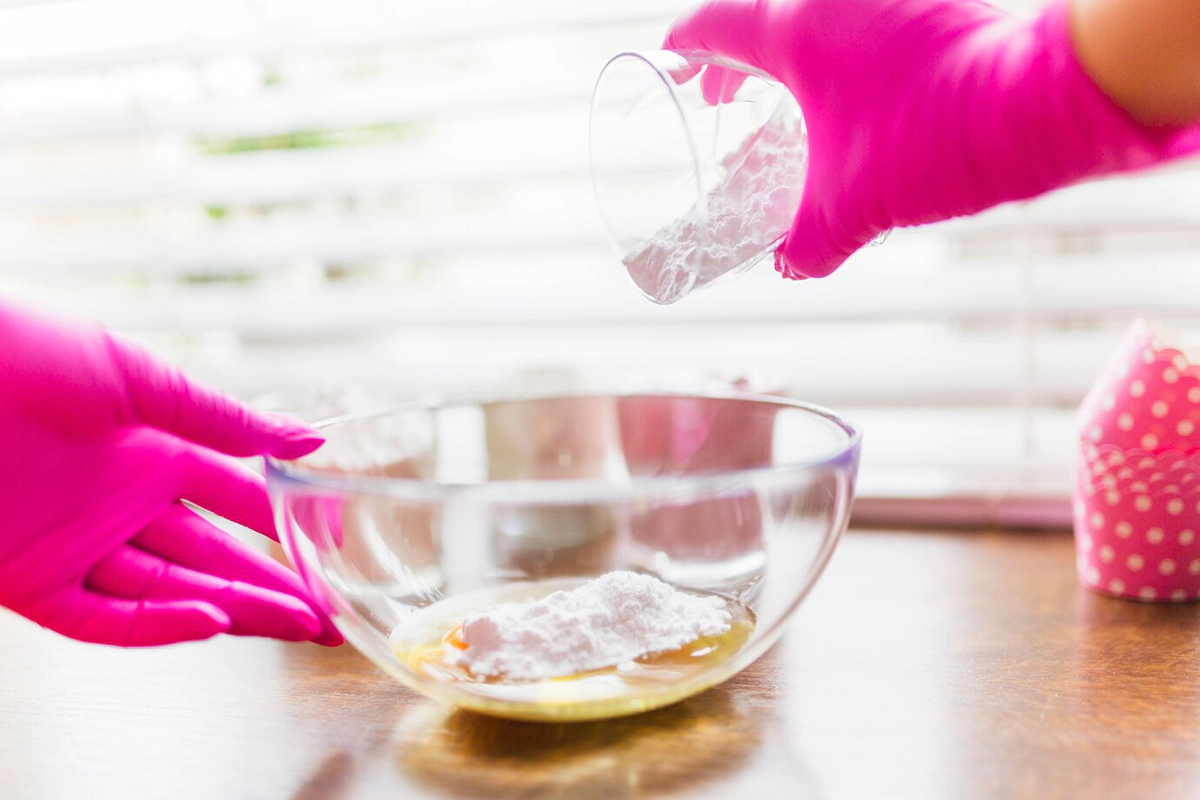
- DIY Enzymatic Drain Cleaner
For ongoing maintenance, consider creating your own enzymatic drain cleaner. Combine a cup of baking soda, a cup of salt, and a quarter-cup of cream of tartar. Mix the dry ingredients thoroughly and store the mixture in a sealed container. To use, pour a tablespoon of the mixture down the drain, followed by hot water. The enzymes in this DIY solution help break down organic matter, preventing clogs and promoting drain health.
- Homemade Citrus Drain Freshener
If you prefer a natural and pleasant-smelling freshener, turn to citrus fruits. Cut up citrus peels, such as those from lemons or oranges, and place them in the drain. Follow this with a generous pour of hot water. Not only does this DIY solution leave your drain smelling citrus-fresh, but the acidity also helps break down grease and residue.
Warning Signals: Recognizing Early Signs of Drain Issues
Early detection is key to preventing extensive damage. Look out for slow drainage, gurgling sounds, or unpleasant odours. Addressing these issues promptly can save you from more significant problems in the future.Your home’s plumbing system is a crucial aspect of daily life, and recognizing early signs of drain issues can save you from more significant problems down the line.
Slow Drainage
One of the earliest and most noticeable warning signals is slow drainage. If you find water taking longer than usual to drain from sinks, showers, or tubs, it could indicate a developing issue. Ignoring slow drainage may lead to more severe clogs, causing potential damage to your plumbing system over time.
Unpleasant Odours
Unpleasant odours emanating from drains are another warning sign of potential issues. Foul smells may indicate the presence of accumulated debris, organic matter, or even sewer gas. Identifying specific odours, such as a sewage smell, can help pinpoint the source of the problem and address it before it escalates.
When to Seek Professional Help for Drain Problems
While DIY solutions work in many cases, there are times when professional intervention is necessary. If you notice persistent issues or if DIY efforts prove ineffective, it’s time to call in the experts.
In conclusion, keeping your drains clean is a manageable task with the right knowledge and habits. By understanding the do’s and don’ts, recognizing warning signals, and knowing when to seek professional help, you can ensure your drains remain clog-free throughout the year.
FAQs
Regular maintenance is recommended, at least once a month, to prevent clogs and other issues.
It’s best to avoid harsh chemicals as they can damage pipes. Opt for natural solutions like baking soda and vinegar.
Persistent slow drains may indicate a more significant issue. Consult a professional plumber for a thorough inspection.
Yes, many eco-friendly products are available that are gentle on your drains and the environment.
Plungers can be effective for minor clogs. However, exercise caution and consider professional help for stubborn blockages.




